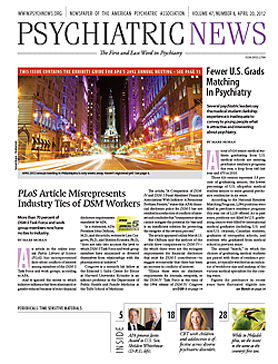Many Americans are drowning in debt—credit-card debt, car loans, college loans, mortgages—and it is having a pernicious impact on their mental health, a new study suggests.
The study was conducted by Patricia Drentea, Ph.D., an associate professor of sociology at the University of Alabama-Birmingham, and John Reynolds, Ph.D., a professor of sociology at Florida State University. The results were published February 23 in the Journal of Aging and Health.
The study was based on a sample of some 1,500 individuals living in the Miami area. The cohort included a representative mix of African Americans, Hispanics, and non-Hispanic whites, as well as individuals from various socioeconomic backgrounds. Subjects’ average age was 59.
The subjects were evaluated for their debt status—that is, if they had “any debt including credit cards, store credit, a mortgage or home equity loan, a car loan, or any other loan.” They were also assessed for anxiety, depression, and anger with the 20-item version of the Center for Epidemiologic Studies Depression Scale.
The researchers found that indebtedness was common among their subjects. Sixty-four percent had some type of debt, and almost half carried balances forward on their credit cards, some at very high levels. Moreover, debtors had more symptoms of anxiety, depression, and anger than nondebtors did, even when possibly confounding variables such as age, gender, education, employment status, occupational status, income, wealth, possession of health insurance coverage, and earlier mental health were considered. And perhaps most salient, debt predicted subjects’ mental health more than other socioeconomic variables did.
Yet if debt is as noxious to mental health as the study suggests, what is the reason? It is probably because debt is a potent psychological stressor, Drentea and Reynolds conjectured. Indeed, in a previous study, Drentea found that the negative health impact of debt was largely due to anxiety over the ability to pay it off. Being hounded by debt collectors could compound the stress, Drentea and Reynolds said, as could the fear of defaulting on loans or having to declare bankruptcy.
Interestingly, debtors who had more financial assets turned out to be just as anxious, depressed, and angry as debtors with fewer assets, implying that assets are not a firewall against the stress of being in debt. The researchers were surprised by this finding, they admitted in their paper.
The findings have important implications for psychiatrists and mental health professionals, Drentea and Reynolds believe. Individuals who are anxious, depressed, and angry about their debts not only need psychological help, but financial counseling.
Yet where can they receive it, and especially at a reasonable price, since a lack of money is a major problem for them? Most big cities have debt-counseling programs, Drentea told Psychiatric News. Online, one can start with the National Foundation for Credit Counseling, a nonprofit organization representing member agencies that provide free or low-cost individualized, confidential financial counseling. “One could also borrow some of David Ramsey’s books on getting out of debt,” Drentea suggested. “His system has worked for many. I do not recommend starting with ‘for-profit’ agencies.”
The study was funded by the National Institute on Drug Abuse and the National Science Foundation.

